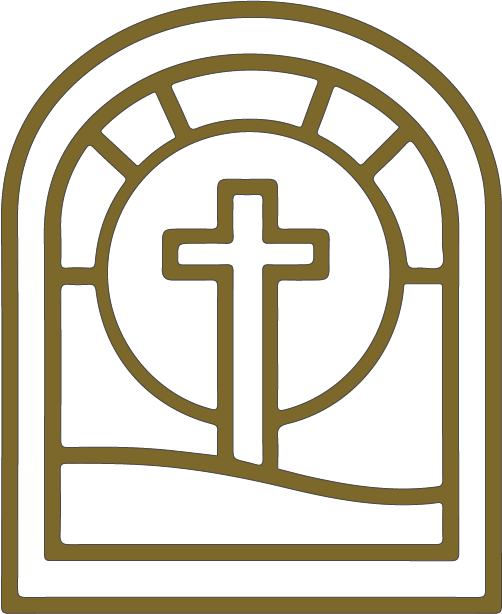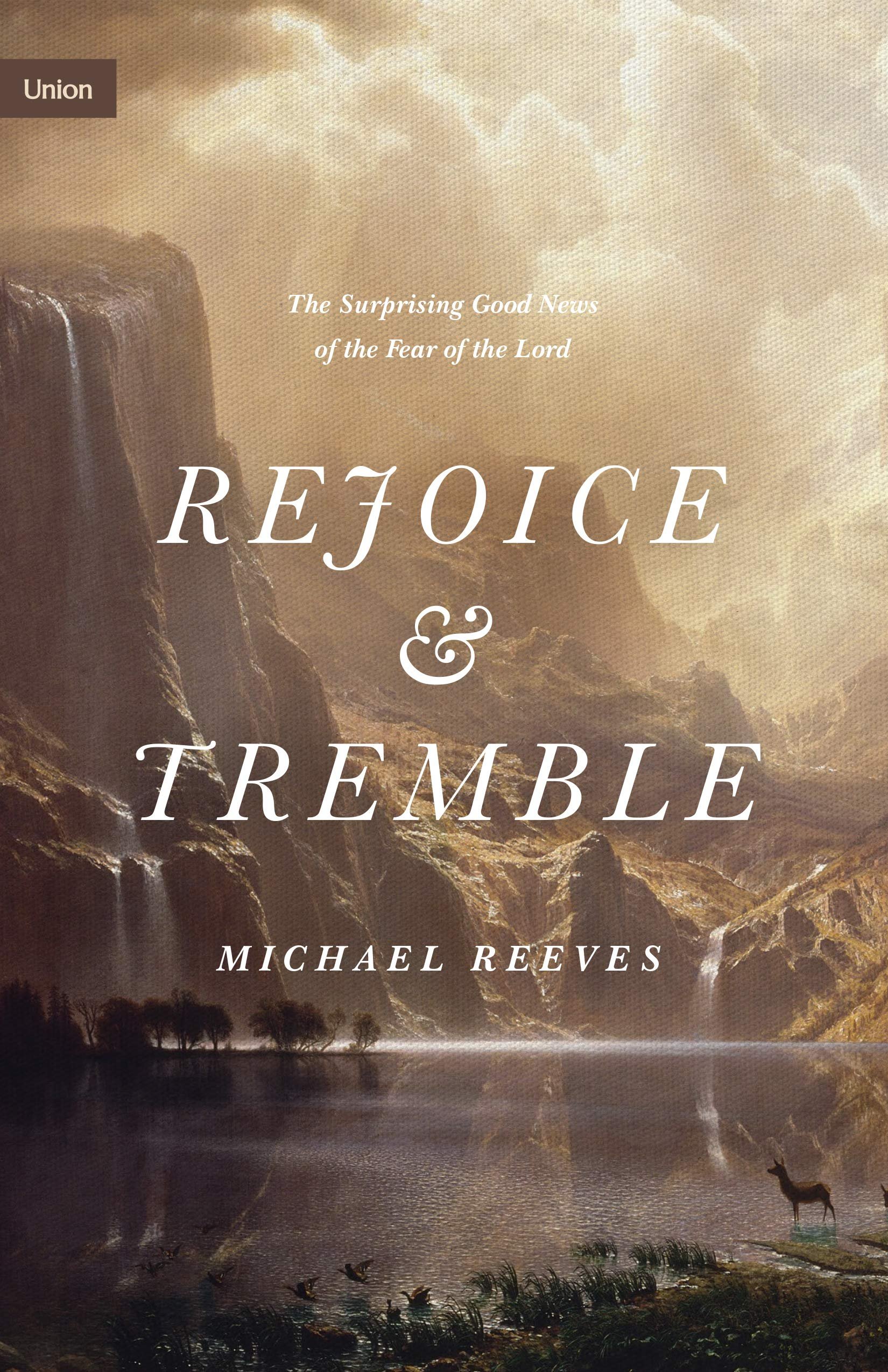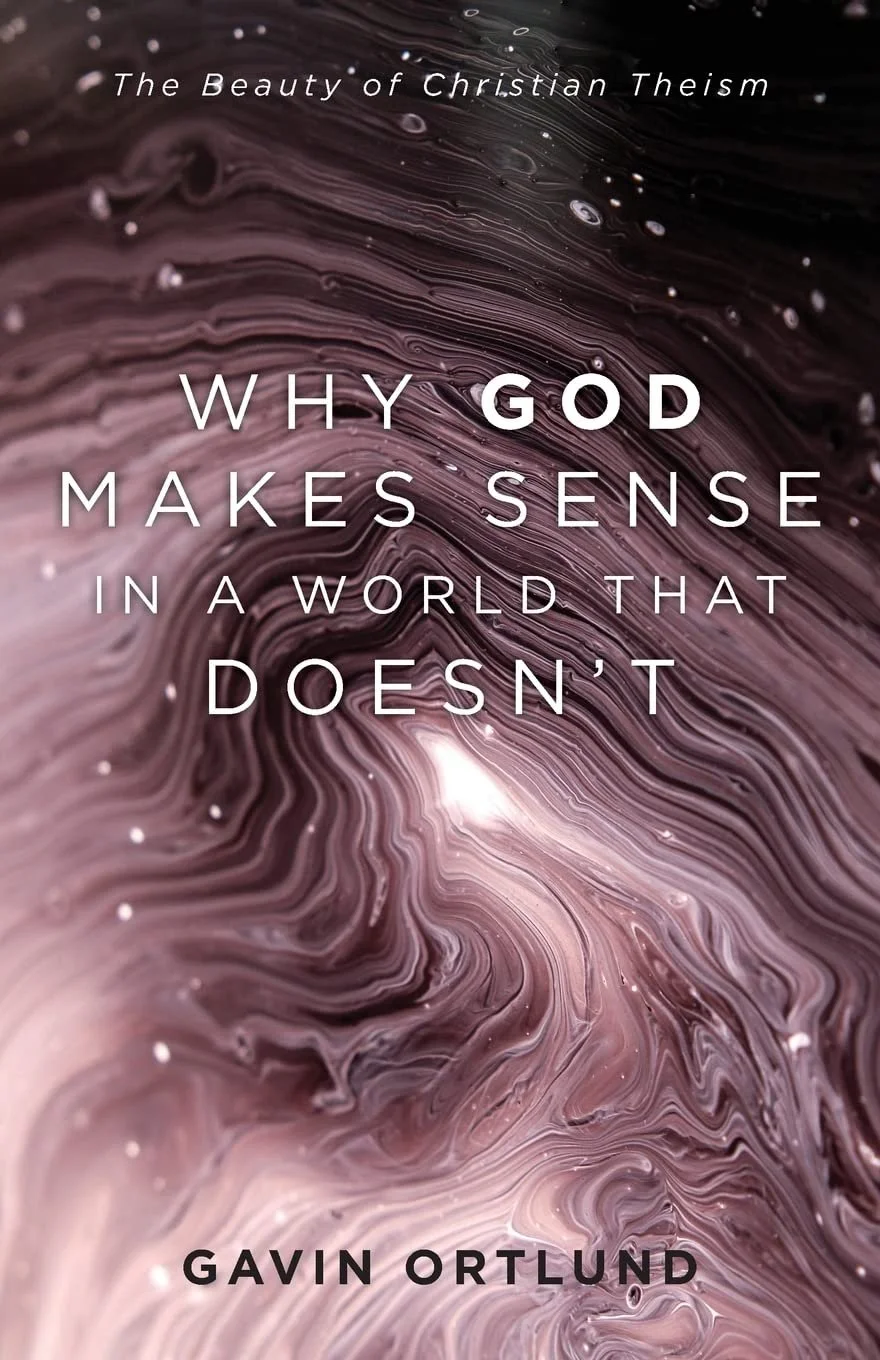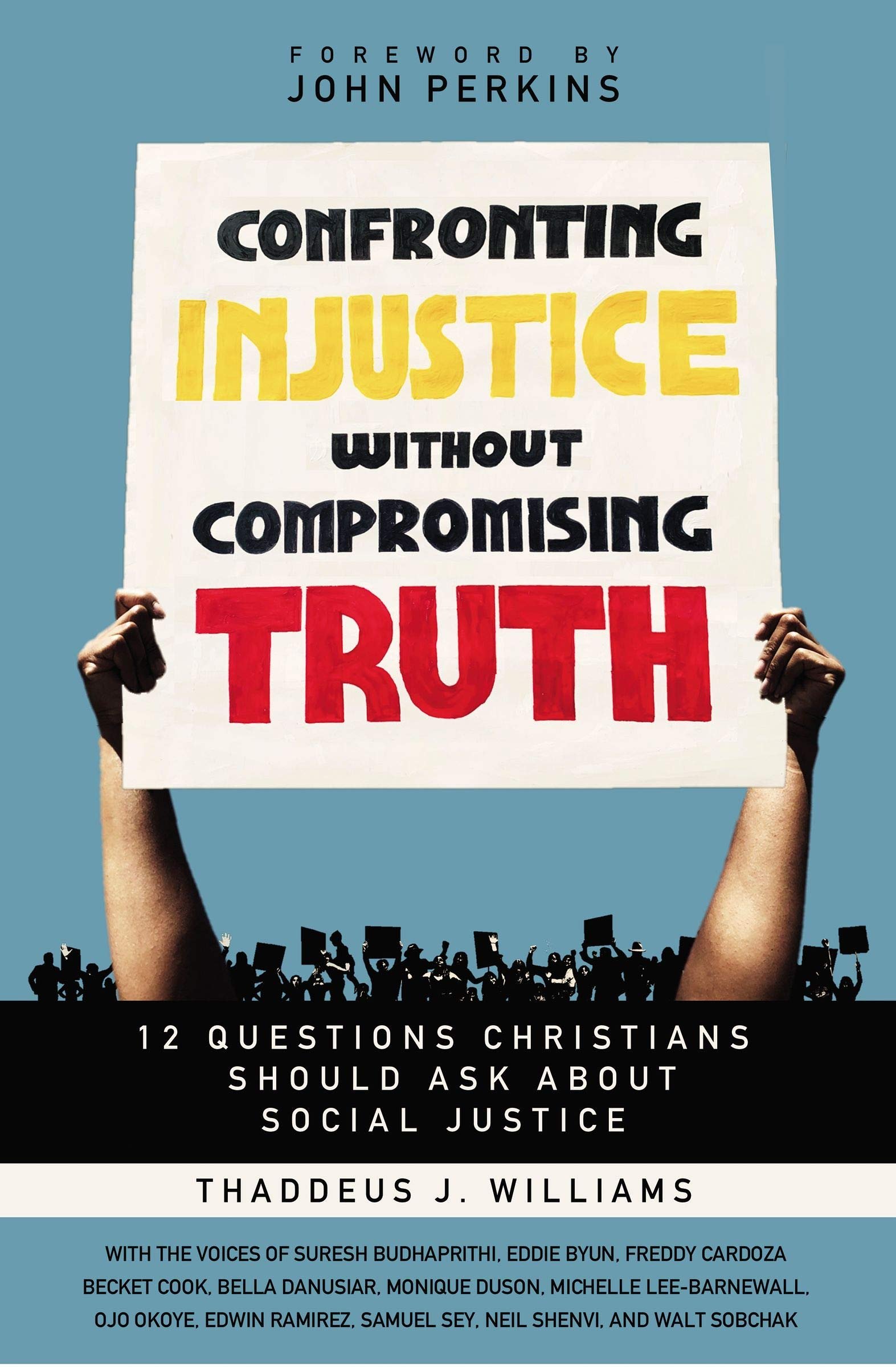Drake’s Favorite Theological Reads of 2021
Just in time for your Christmas book buying, I have compiled some of my favorites books of accessible theology that were released in 2021. My challenge is to read one more work of theology this year than you did last year. Some of these suggestions are more theological in nature than others, I’ll admit, and some more accesible. But that is the great thing about the knowledge of God: it reaches into every sphere and every application of our life. So here are my top works of accessible theology published this year, in no particular order:
Matthew Barrett, Simply Trinity: The Unmanipulated Father, Son, and Spirit
Matthew Barrett is quickly becoming the go-to help for parishioners and pastors alike to sharpen their doctrine of God. There is an accessibility to his style that is hard to match, taking difficult concepts and using images and application to bring them home to the heart. For a work on topics like eternal relations of origin and classical theism, that is an accomplishment in and of itself, but Barrett also succeeds in a healthy critique of how many of us have been taught to see the distinctions of the persons of the Trinity, even in evangelical seminaries! His theological and dogmatic approach is incredibly refreshing and worthwhile to the conversation about getting the Trinity right. If you are interested in strengthening your understanding on God's trinitarian nature, truly the foundation of the Christian faith, go here first.
John Piper, Providence
John Piper has a long legacy ahead due to his generational faithfulness and bold gospel proclamation. He’s quite a prolific author, and many of his works should last well beyond him. This is one of them. You may call it Piper’s magnum opus, a torrent of Biblical reasoning and thorough digging into the doctrine he has built his life and ministry on. Don’t be put off by the size (752 pages!), because it’s magnitude belays the point: God’s providence is unsearchable. And yet, Piper does his best to search out the bottom of the well and find that it goes even deeper than we imagined.
Craig Carter, Contemplating God with the Great Tradition: Recovering Classical Trinitarian Theism
Although it may be a bit too academic or meandering for some, this may have been my favorite read of 2021, just because Craig Carter is unafraid to tell it like it is. His call is that we really believe God is God, that we confront our presuppositions about what that may mean and really approach scripture and theology with the kind of humility that is fitting for true Christians. I wouldn’t call this an introduction to the topic, (go ahead and read Barrett’s Simply Trinity first), but it’s a strong polemic. I have been convinced that anything other than the classical understanding of God -- defined at at Nicaea, defended by the fathers, foreshadowed by the ancients, assumed by the scholastics, renewed by the reformers, and taken for granted by so many afterwards -- cannot do justice to the otherness of God and ultimately leads to a diminishing of praise, wonder, and joy.
Shai Linne, The New Reformation: Finding Hope In The Fight For Ethnic Unity
Shai writes like a friend. He gets on your level, he reasons calmly and cooly, and his advice is geared to last more than the cultural moment. The arguments are grounded and simple interpretation of scripture according towards Christ, and Shai even shows his interest in historical material as well answering questions that some may have had about past Christians experiences with slavery. Plenty of the book is spent detailing his story of conversion and his experience as a black Christian, which is helpful again not because he sees his story as having some sort of revelatory authority, but because he wants you to see through his lens, as a friend would.
There doesn't seem to be anything in this book that is earth-shattering or groundbreaking or aimed at making a lot of enemies. But for that reason it was very refreshing and encouraging, while still being challenging. I think this will be my first recommendation for a new Christian who's struggling to understand some of the landscape and the biblical Theological arguments about ethnicity situated in the American context.
Peter Leithart, Baptism: A Guide to Life from Death
Yes, Leithart is not only a paedobaptist but a paedocommunnionist (if you don’t know what that is, it’s pretty wacky!). No, I would not recommend this book as a one-stop-shop for a theology of baptism. But it’s a beautiful read. You have to love Leithart’s wide-eyed acceptance of Christ's great mysteries. This is not a clear and concise argument for a particular view of baptism, but it is an invitation to see anew the wonder of baptism, a short but densely compacted Biblical theology of baptism. It's rich, it's thick, it's bite-sized, it's worshipful. It leans heavily on the church fathers. It makes me long for the infinite interconnectedness of heaven. It's worth a read simply to marvel at God’s work in the simplicity of water.
Michael Reeves, Rejoice and Tremble: The Surprising Good News of the Fear of the Lord
Reeves writes on the fear of the Lord from a wealth of experience and expertise in the Puritans and the reformers. It is this expertise that helps us to grasp the centrality of the fear of God as a theme in Scripture that is so vital to the Christian life. Reeves' approach is to show how fear is far deeper and far more glorious than being afraid, and is only viewed rightly when seeing God not only as a just creator but as redeemer. When the Triune God becomes our Redeemer in Christ by the Spirit, then our fear of him turns into a joyful worshipful trembling and awe. If you are diving into this book be prepared for a lot of block quotes, but make sure to spend some time with the primary source material that Reeves is presenting.
Alan Noble, You Are Not Your Own: Belonging to God in an Inhuman World
The point of this work is to combat the cultural assumption that our identity is self made, that ultimately we belong first or even only to ourselves, and that to find meaning we must find it within. The problem with “you do you”, Noble argues, is that is it ultimately dehumanizing. By locating the center of meaning in ourselves, we become less than human, trapped by our own cages. None of us are free from this temptation and pull. The release is found in a true understanding that we belong body and soul to God and to our savior Jesus Christ. In many ways, this is a more devotional breakdown of similar ideas to last years The Rise and Triumph of the Modern Self by Carl Trueman, which made my list. But if you feel burnt out, full of anxiety, or struggling to find purpose, this will be a help.
P.S. Since it just released, I’m only about halfway through this, but I already feel comfortable recommending it already as a top book of the year. I’ll let you know if I change my mind.
Ray Ortlund, The Death of Porn: Men of Integrity Building a World of Nobility
Ray is a spiritual father to so many, and that spirit of care comes for most not from personal relationship but from his teaching and writing. This book exudes that tender and pastoral spirit through a series of personal letters, a call to take up arms against the justice issue that is the pornography industry, but in a way that is full of gospel hope. It’s extremely powerful, and needed.
Gavin Ortlund, Why God Makes Sense in a World that Doesn’t: The Beauty of Christian Theism
Two Ortlunds in one list! Here is a book on apologetics that majors in arguments of beauty, wonder, awe, and joy, showing God to be God in everything from math to music. It’s a defense of the faith that is rooted in a classical understanding of God as the first uncreated cause of all things, which means that theism is simply just way more fun than atheism. I would recommend this book as a way to strengthen and deepen your faith for times of testing and trial, but also as an evangelistic resource to help you strengthen your reasoning for the glory of knowing the God of the universe in the face of Jesus Christ.
Kevin Deyoung, Men & Women in the Church: A Short, Biblical, Practical Introduction by Kevin DeYoung
Helpful for its clarity and unapologetic humility. May feel reductionistic at times, particularly in the application, but DeYoung acknowledges as much (it’s short!). The Biblical exegesis represents in simple terms the traditional understandings of difficult texts relating to men and women in the church, with an eye on viewing every text in a properly theological framework rather than as simple gendered rules and restrictions. DeYoung gives proper space for when he is choosing from good exegetical options and when he is affirming what is generally accepted by the majority of christian interpreters through time. Not polemic, not trying anything groundbreaking, and properly advertised: a short biblical introduction written for those looking for the basic theological and exegetical arguments on this issue.
Thaddeus Williams, Confronting Injustice Without Compromising Truth
Most of us feel a bit overwhelmed recently when it comes to discussions of how Christians are to talk about social injustice. While it may not answer every question or address every conviction, this book is incredibly generous, surprisingly nuanced, and helpfully gracious, and for that reason it’s my new top recommendation for an entry point into thinking Biblically and Christianly about the concept of justice.
Technically published the last week of December 2020, but it counts!












